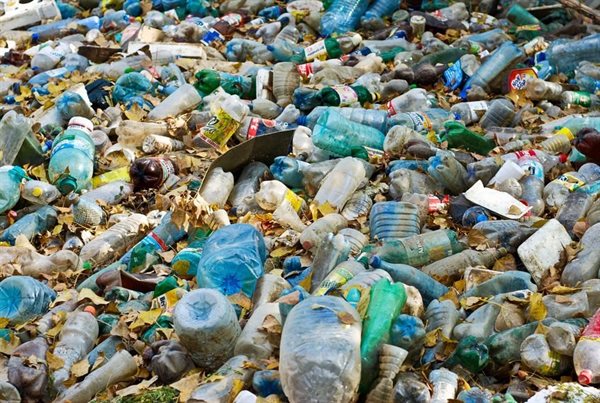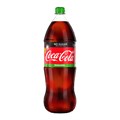Multinational consumer brands Coca-Cola, Nestlé, PepsiCo and Unilever are responsible for half a million tonnes of plastic pollution that is burnt or dumped per year in just six developing countries, according to a new report by international relief and development agency Tearfund.

©Narcis Parfenti via
123RFThe study sought to reveal the hidden plastic pollution footprint four of the world’s biggest consumer brands are responsible for, driving up global greenhouse gas emissions. It found that the emissions produced from the open burning of Coca-Cola, Nestlé, PepsiCo and Unilever’s plastic packaging on street corners, open dumps and in backyards in developing countries is a major contribution to the climate emergency.
The research focussed on plastic pollution in six developing countries: Brazil, China, India, Mexico, Nigeria and the Philippines.
Coca-Cola was found to be the worst of the four companies investigated with 200,000 tonnes of plastic pollution – or around 8 billion bottles – burnt or dumped each year in these developing countries. PepsiCo is second-worst after Coca-Cola with a plastic pollution footprint of 137,000 tonnes per year.
According to Tearfund, the plastic that is burnt creates emissions equivalent to 4.6 million tonnes of CO2.
The findings of the report, part of the Tearfund's Rubbish Campaign targeting the four global companies, show that they must urgently switch to sustainable refillable and reusable packaging alternatives instead of single-use plastic packaging and sachets.
Dr Ruth Valerio, director of global advocacy and influencing at Tearfund, said: “These companies are selling plastic in the full knowledge that it will be burnt or dumped in developing countries: scarring landscapes, contributing to climate change and harming the health of the world’s poorest people.”
Valerio added: “At present, Coca-Cola, Nestlé, PepsiCo and Unilever make little or no mention of emissions from the disposal of their products or packaging in their climate change commitments. These companies have a moral responsibility for the disposal of the products they continue to pump into developing countries without proper waste management systems.”
The report also makes clear the scale of demand for change from consumers in developing countries: in a new survey of 2,000 adults aged between 18 to 64 in India conducted for Tearfund by Savanta ComRes, 9 in 10 (90%) respondents said they would be likely to buy their products in refillable and reusable containers as opposed to throwaway containers if it led to significantly less plastic pollution in their community and the cost was the same.
Since May 2019 Tearfund’s Rubbish Campaign has been challenging each company with a four-point plan to step up the pace to take responsibility for their plastic pollution. Tearfund has ranked how well the companies are doing in committing to this plan. This league table reveals that Coca-Cola and PepsiCo are barely off the starting blocks, with Unilever far ahead.
Read the full report, its findings and methodology.




























